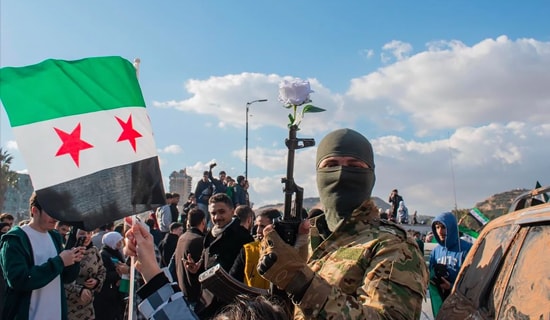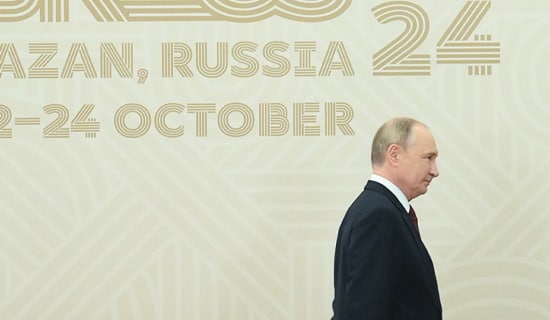Arafat's advisor for strategic affairs and member of the PLO Central Committee, Hani Al-Hassan, in a symposium in Gaza, said: "The present Intifada enabled the Palestinians to change the old rules of the game, and thwarted Barak's attempt to place the responsibility for the stalemate in the peace process [on the Palestinians].... The Intifada increased the PA's force. It consolidated the strategic stance of the PA and proved the unity of the Palestinian people everywhere. ... The PA is not interested in perpetuating the struggle. Rather, it is interested in results and goals. What we have witnessed in the Palestinian territories these past few days obliges our negotiators to raise the level of demands in the negotiations...[1] The participation of the Palestinians of the interior [Israeli Arabs] weakened Israel."[2]
PA Minister of Information Yasser Abd Rabbo stated on Voice of Palestine radio: "We are struggling now so that the conditions for our national independence will comply with [the resolutions of] international legitimacy. The Israelis want these conditions to perpetuate their rule over us and turn us into a satellite state of Israel, which will come out of the settlement as the leading power in the region. No one can agree to that."[3]
Factions Cooperate
The Supreme Supervisory Committee of the Nationalist and Islamist Forces published a communique signed by twelve Palestinian factions, including Fatah, Islamic Jihad, and Hamas. It asserted that, "The Intifada will continue until the aggression is repelled and the realization of all its goals." It called for the unity of struggle in order to "disarm the settlers, expel them, and destroy the settlements." Additionally, the communique called upon students to take part in the activities of the Intifada during after school hours.[4]
Officials on Prisoner Release
The head of the Preventive Security Apparatus in Gaza, Muhammad Dakhlan stated: "The release of some Hamas people is an ordinary, natural, and simple step, compared to the steps we are going to take in the future."[5] In an interview with the Qatari television, Al-Jazeera, after the murder of the IDF soldiers in Ramallah, Dakhlan said, "The Intifada will continue until victory."[6]
PA Minister for Prisoners' Affairs, Hisham 'Abd Al-Razeq: "We consider the liberation of our prisoners a duty incumbent upon us inasmuch as it is incumbent upon all the Arabs. We liberated Arab and Palestinian prisoners through acts of struggle. Therefore, the problem of our prisoners is not only Palestinian but Arab as well. We and the brothers in Lebanon are partners in blood. It is the right of the Arabs to use this achievement to serve their interests." 'Abd Al-Raziq also said, "The time has not yet come to talk about the path of struggle as the only path."[7]
PA Anti-American Statements
An editorial in the PA daily, Al-Hayat Al-Jadida, calls the United States "the head of a snake" that has many little snakelets in the region, who hide in the holes of the governments in Arab capitals. It advises the Arabs not to pin their hopes on the Arab summit, in which America will be represented by at least ten regimes. The editorial condemns the continuing export of Arab oil to the West.





